CAN ANYONE BECOME A BUDDHIST?

Yes, anyone can become a Buddhist. You will need to take refuge in the Triple Gem and follow a ceremony during which you take a vow to uphold the Five Precepts (to not kill, not steal, not commit sexual misconduct, refrain from false speech and not take intoxicants that lessen your awareness). Additionally, Buddha stated that everyone can become a Buddhist through proper practice and dedication
What are the core beliefs of Buddhism?
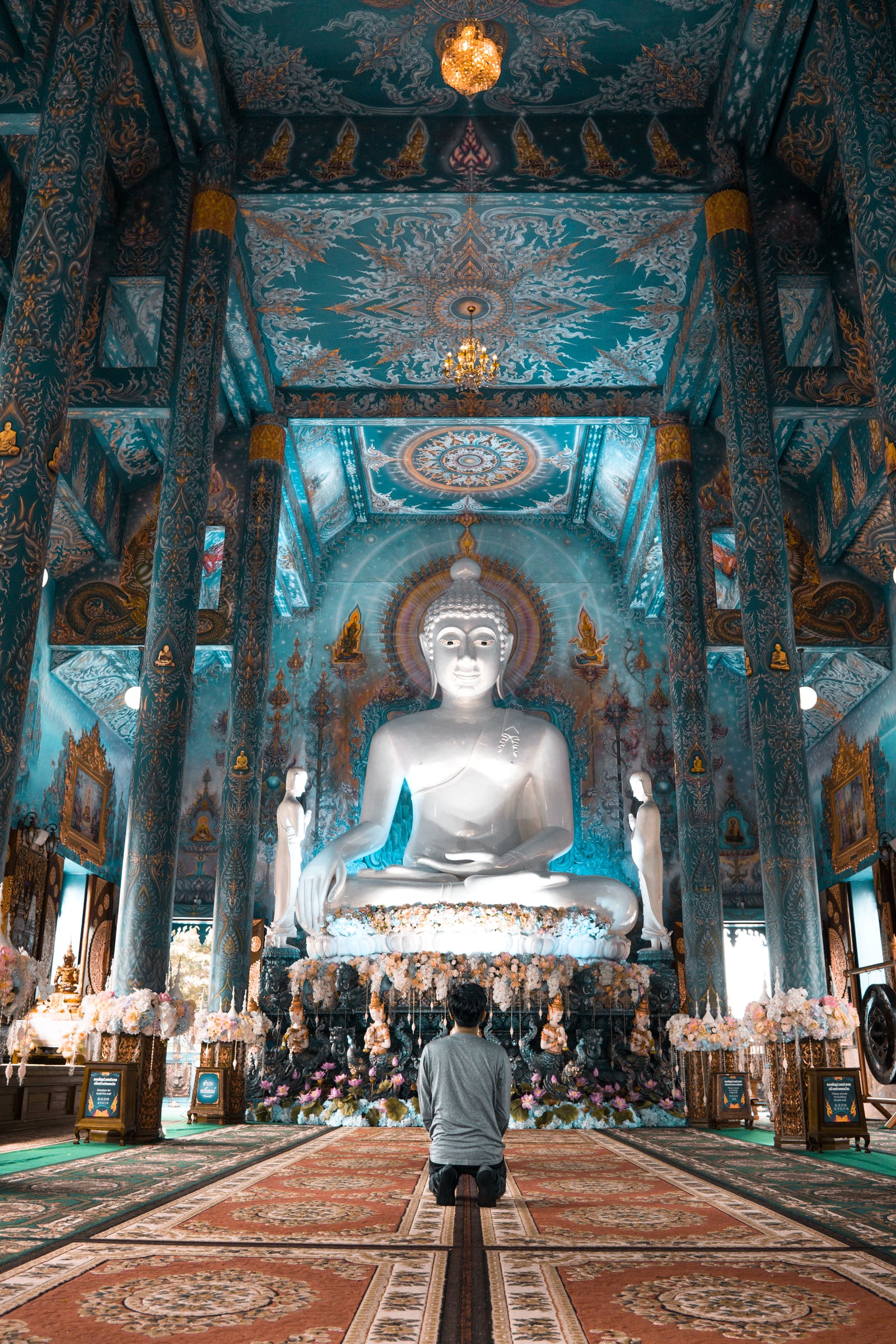
The core beliefs of Buddhism are reincarnation, the Four Noble Truths, the Three Trainings or Practices, The Five Precepts and the Eightfold Path. The Four Noble Truths are Dukkha (suffering exists); Samudaya (there is a cause for suffering); Nirodha (there is an end to suffering); and Magga (to end suffering, follow the Eightfold Path). The Eightfold Path involves Panna (discernment, wisdom), Sila (virtue, morality) and Samadhi (concentration, meditation).
Is Buddhism a Religion?
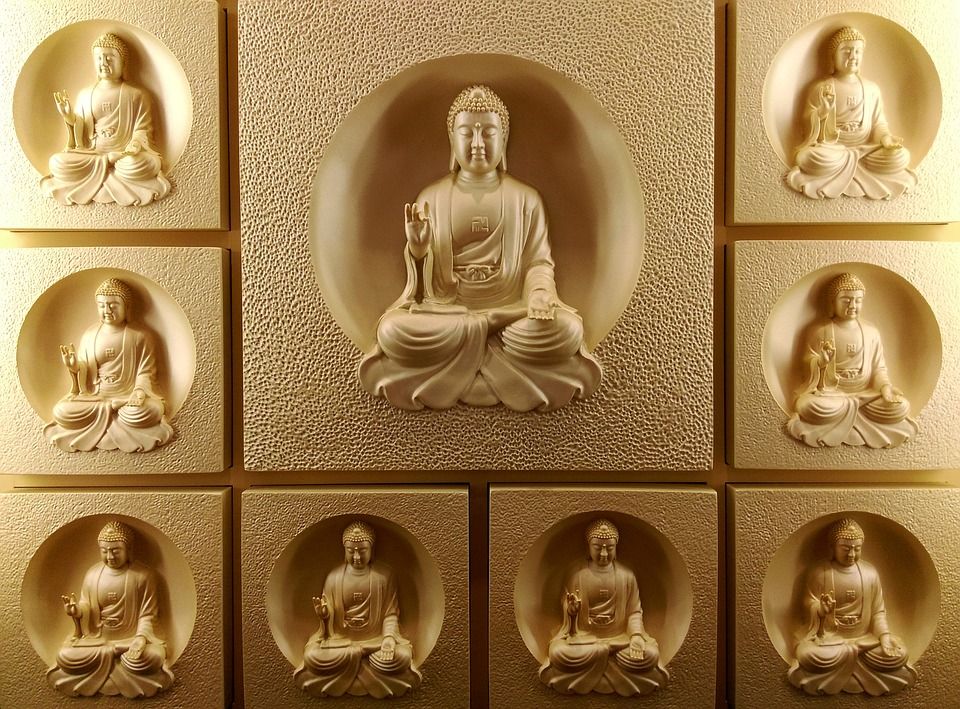
Is Buddhism a religion, psychology, or way of life? The “religion without God” has baffled Western thinkers for hundreds of years.
Yes, Buddhism is a religion
A religion is a philosophy that posits an ultimate reality, a path towards experiencing ultimate reality, and the potential for personal transformation, says Charles Prebish. Buddhism checks all those boxes.
If you got together a big room of religious studies scholars and asked each of them to offer their own definition of religion, you’d likely get as many different answers as there were people in the room. There would be similarities, but also a lot of differences. Therein lies the problem. People who say, “Buddhism is a religion” and people who say, “Buddhism is not a religion” may not be using the same standards and criteria.
So the first challenge is finding a reasonable definition of religion. For me, the definition that has always made the most sense is the one offered by the late Buddhologist Frederick Streng. In his classic book "Understanding Religious Life", he said, “Religion is a means to ultimate transformation.”
This definition sounds almost too easy, but it really isn’t. It was designed to offer a common set of standards by which to measure potential religions, without making value judgments regarding theological, practical, or ethical concerns. In this definition, theism is not favored over non-theism; prayer is not favored over meditation; one set of ethical standards is not preferred over another.

Buddhism offers an ultimate reality. Some forms of Buddhism may call this nirvana, others buddhahood, and so forth, but all schools and sects of Buddhism do have a notion of ultimacy.
What Streng meant to say was that for something to be considered a religion, it must posit a clear and distinct ultimate reality. That ultimate reality can be a God or gods, an impersonal absolute, a force of nature, a ground of being, or some other entity or experience. But without something ultimate — beyond which it is impossible to go — the system at hand is not a religion.
In addition, in order to be considered a religion, the system must offer some clear and distinct path, or choice of paths, to the experience of that ultimate reality. While it doesn’t matter whether that path is prayer, ritual, yoga, meditation, some other method, or some combination thereof, there must be a straightforward way for the religious aspirant to gain the experience of the ultimate reality.
Finally, for something to be a religion, there must be a personal transformation that results from the individual’s experience of ultimate reality. This is most usually demonstrated by a positive change in morality and/or ethics, expressions of compassion, kindness, or similar forms of conduct.
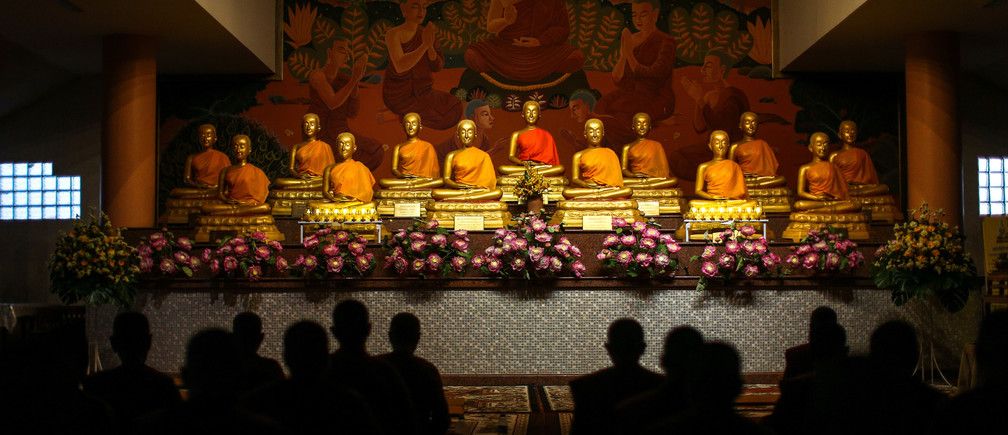
If we apply this definition, it’s clear that Buddhism is a religion. First of all, Buddhism absolutely offers an ultimate reality. Some forms of Buddhism may call this nirvana, others buddhahood, and so forth, but all schools and sects of Buddhism do have a notion of ultimacy.
Second, all schools and sects of Buddhism offer a clear path to the attainment of ultimate reality. Whether it’s the eightfold path that we find in Theravada, the bodhisattva path of Mahayana, or something else altogether, Buddhist practitioners are always provided with a straightforward series of practices that culminate in enlightenment.
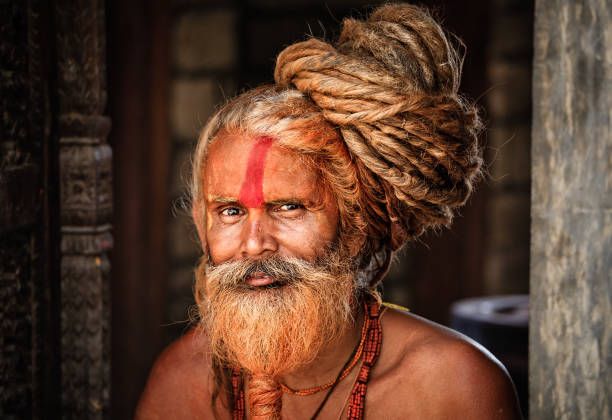
Finally, are Buddhists who attain the experience of ultimate reality “transformed” by their experience? Of course they are. Their ethics and behaviors are changed. This may yield more compassionate behavior or finer social engagement. The person is now manifesting their Buddha nature.
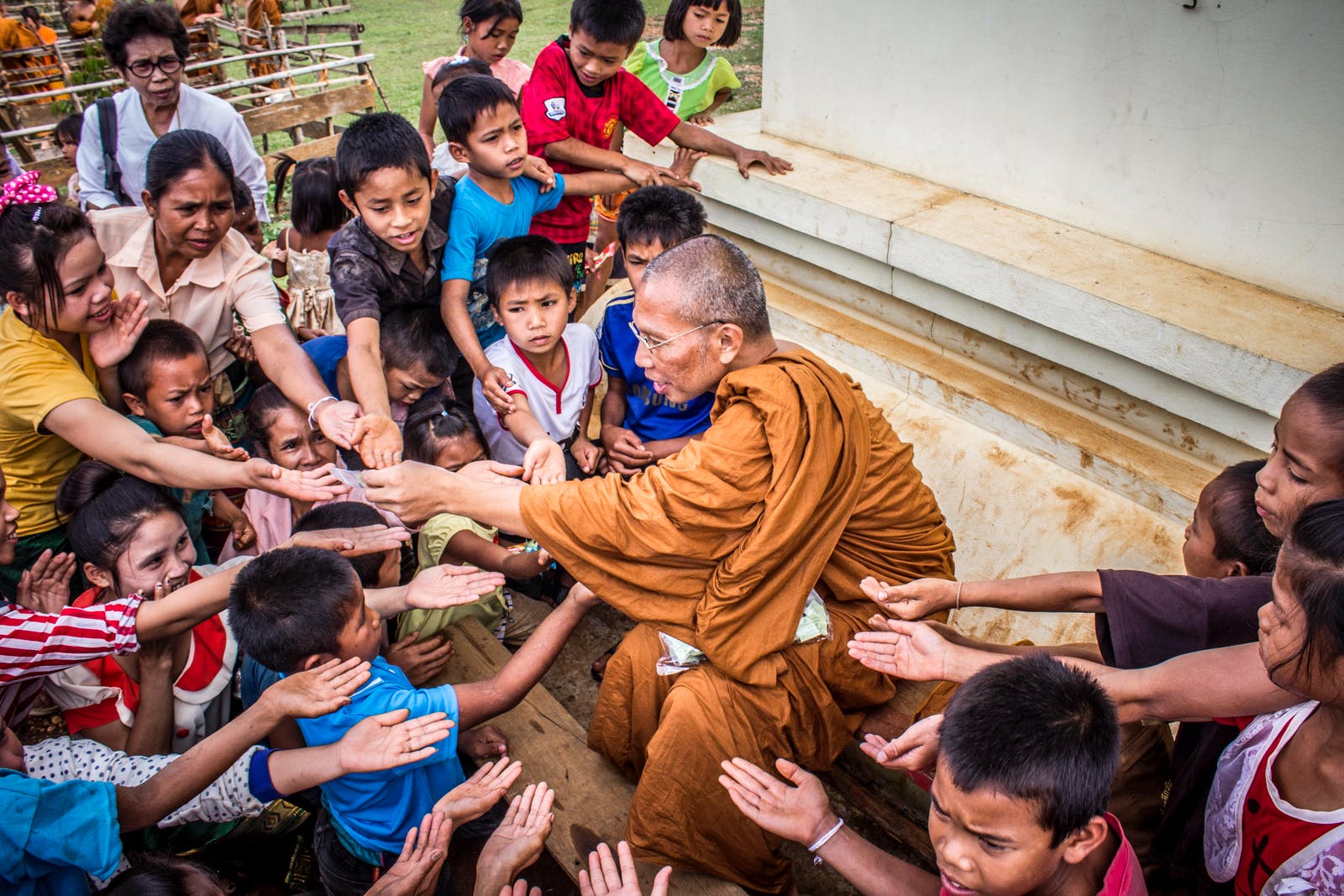
Buddhism can be practiced as a religion, says Dzogchen Ponlop Rinpoche, but that’s not what the Buddha taught. The difference is in the investigation — as opposed to the faith — that you bring to it.
If you search “world religions,” you’ll find “Buddhism” on every list. Does that make Buddhism a religion? Not necessarily. I can argue that Buddhism is a science of mind — a way of exploring how we think, feel, and act that leads us to profound truths about who we are. I can also say that Buddhism is a philosophy of life — a way to live that maximizes our chances for happiness.
What Buddhism is, at this point, is out of the Buddha’s hands. His teachings passed into the hands of his followers thousands of years ago. They passed from wandering beggars to monastic institutions, from the illiterate to the learned, from the esoteric East to the outspoken West. In its travels, Buddhism has been many things to many people.
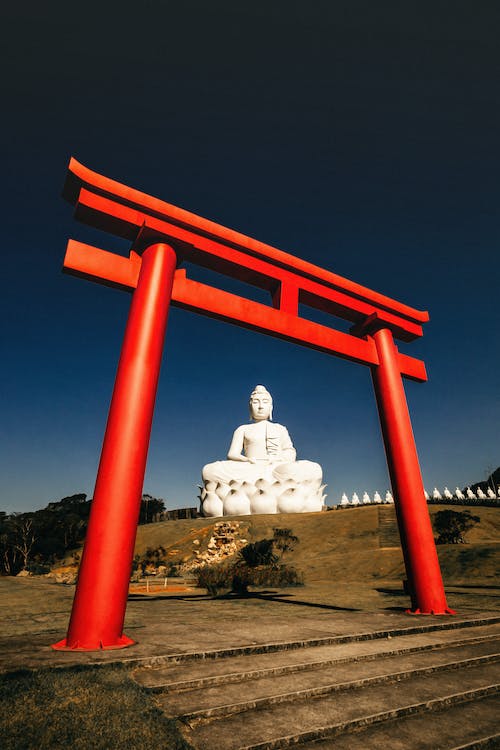
At the start of his own spiritual quest, Siddhartha left his royal home determined to find answers to life’s most perplexing questions. Are we born into the world just to suffer, grow old, and die? What’s the meaning of it all? After years of experimenting with different forms of religious practice, he abandoned his austerities and all his concepts about his spiritual journey — all the beliefs and doctrines that had led him to where he was.

Then, with only an open and curious mind, he discovered what he was looking for: the great mind of enlightenment. He saw beyond all belief systems to the profound reality of the mind itself, a state of clear awareness and supreme happiness. Along with that knowledge came an understanding of how to lead a meaningful and compassionate life. For the next forty-five years, he taught how to work with the mind: how to look at it, how to free it from misunderstandings, and how to realize the greatness of its potential.
THINGS YOU MAY NOT KNOW: How many Buddhists live in the world? Buddhism is the fourth largest global religion, practiced by some 500 million people, roughly 7% of the world's population. The Buddhist teachings or, in Sanskrit, Buddhadharma, spread from fifth century BCE India throughout Asia, and then more recently to Europe and the Americas.
THINGS YOU MAY WANT TO SAVE: Buddha statues and shrines throughout the world. We need to be mindful and take care of our history and antiquities. Give a donation or volunteer to restore and preserve ancient Buddhas created many years ago. Many of these Buddhas are works of art that cannot be reproduced with modern methods.
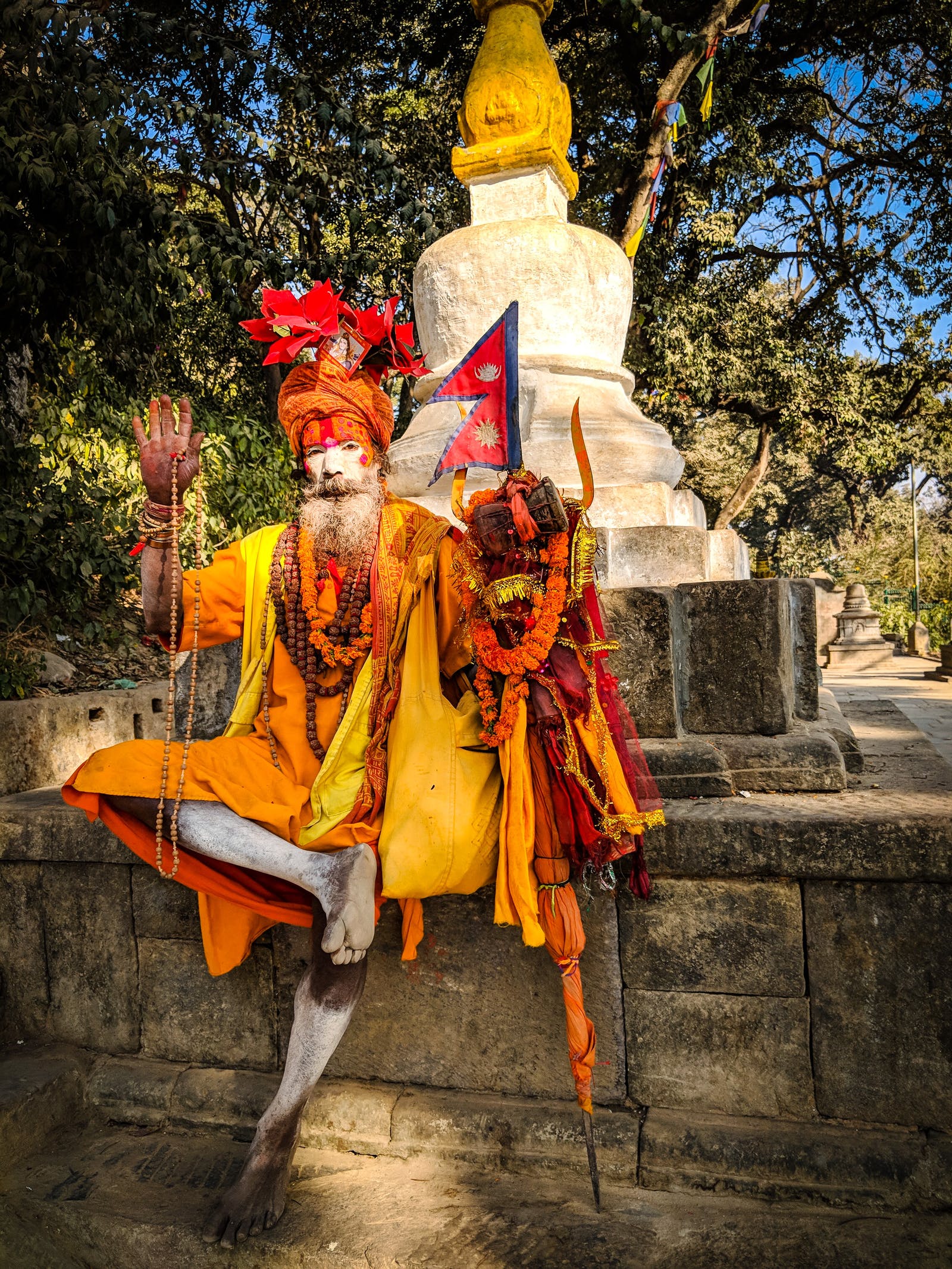
ZENTRAVELER SAYS: You don't need a personal guru from India, you don't need to live in a cave, you don't need yellow and red robes, you don't need to hum the mantra om till the cows come home, you don't need to have a church, you don't need prayer flags, you don't need prayer wheels, you don't need to travel to Tibet or India, you don't need to walk in bare feet begging for food and offerings.
Ok I'm game what do I need to become a Buddhist? Using the easy button you simply need to live a good life, have an open mind, practice daily breathe meditation, be dedicated and if you want the final prize it's NIRVANA & ENLIGHTENMENT.
From here to Infinity is a relatively short ride! The next leg takes eons and eons as you fly through the Barycentric Dynamical Time Zone! …and on and on and on. Follow the Zentraveler Newsletter often for Travel, Health and Zen-like stories and such. Where else can you get a THREE IN ONE NEWSLETTER FOR THE PRICE OF FREE.

ZENTRAVELER IS A PERSONAL NEWSLETTER, DESIGNED TO GIVE TRAVEL, HEALTH, WRITING AND HUMOR INCLUDING HELPFUL HINTS WITH A ZEN LIKE QUALITY.
